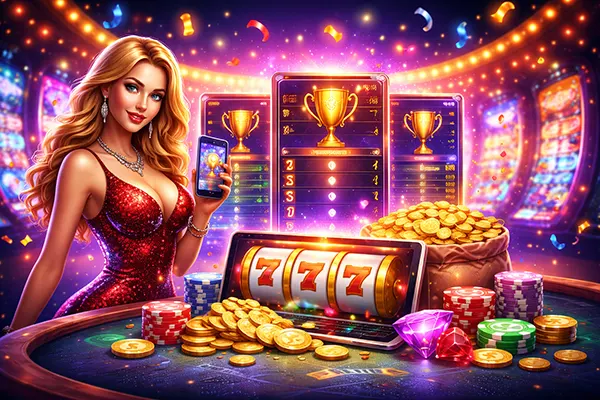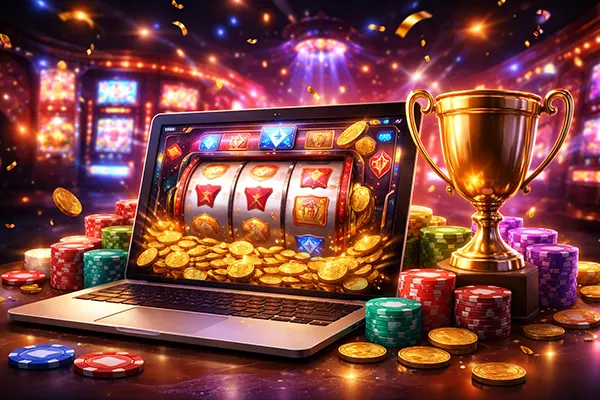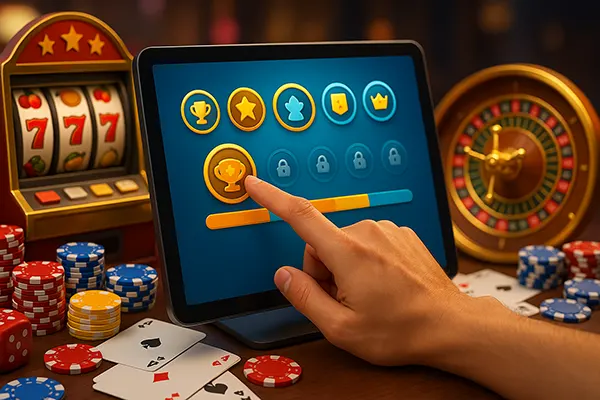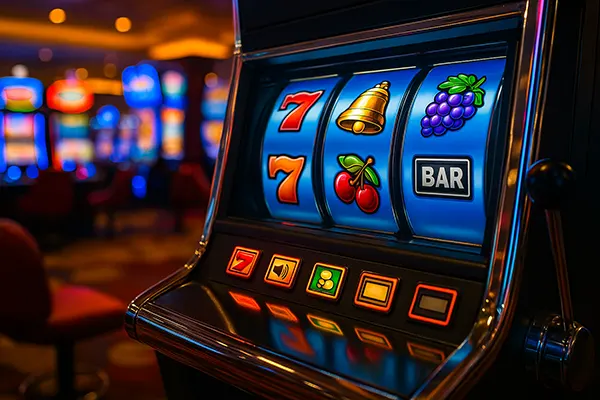Player and Doping: How Caffeine, Nicotine and Other Substances Influence Decision-Making in Blackjack
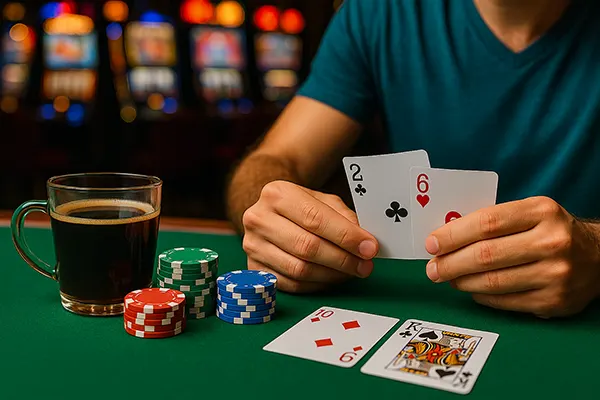
Cognitive performance and decision-making are crucial in blackjack, a game that requires more than luck. Many players seek any edge they can find, and some turn to stimulants like caffeine, nicotine, or even prescription medications. This article examines how these substances affect the brain’s ability to calculate odds, maintain focus, and respond under pressure at the blackjack table.
The Science Behind Substances and Decision-Making
Blackjack involves continuous mental arithmetic, probability assessment, and memory. Substances like caffeine and nicotine influence neurotransmitters such as dopamine and acetylcholine, directly affecting concentration and reaction time. However, the same compounds can also lead to overconfidence and impulsive behaviour, both detrimental in blackjack where discipline is key.
Caffeine, widely used and socially accepted, is a central nervous system stimulant that can improve alertness in the short term. It blocks adenosine receptors, reducing fatigue and promoting temporary wakefulness. For blackjack players, this may translate to faster card calculations and sharper attention—up to a point.
Nicotine, another common substance among gamblers, can heighten alertness and slightly improve short-term memory. Yet, it also increases heart rate and anxiety, potentially leading to hasty and emotional decisions. In blackjack, where every hand counts, this can be a costly trade-off.
Risks of Overuse and Dependency
While mild doses of these substances might enhance alertness, overuse often leads to diminished performance. Caffeine can cause jitteriness, disrupted sleep, and dehydration. These effects compound over long gaming sessions, reducing a player’s ability to maintain consistent performance.
Nicotine dependency is also problematic. Tolerance builds quickly, meaning a regular user may need increasing doses to maintain the same cognitive boost. This can lead to withdrawal effects during long casino sessions, interfering with focus and strategy execution.
Ultimately, any cognitive benefit from stimulants is temporary and potentially outweighed by their long-term physiological and psychological costs. Inconsistent decision-making due to peaks and crashes in chemical stimulation is particularly dangerous in a game where one bad hand can undo an hour of good play.
Pharmaceuticals and Cognitive Enhancers at the Table
Beyond caffeine and nicotine, some players use cognitive enhancers like modafinil or ADHD medications. These substances are known to increase alertness, memory recall, and reaction times—traits considered valuable in strategic card games. However, their use raises both ethical and health-related concerns.
Prescription stimulants can give a temporary edge, but they also come with serious risks: elevated blood pressure, reduced appetite, mood swings, and sleep disturbances. For non-prescribed users, the dangers are more severe due to dosage mismanagement and lack of medical oversight.
Moreover, there’s little evidence that these drugs significantly enhance performance in already healthy individuals. They may increase alertness, but not necessarily improve the quality of strategic decisions. In blackjack, where decision quality trumps speed, this distinction matters.
Legal and Ethical Considerations
Using prescription medication without a doctor’s approval is illegal in many jurisdictions and can lead to legal consequences. Casinos may not directly test for cognitive enhancers, but suspicious behaviour can attract unwanted scrutiny or ejection.
There’s also the ethical dimension. Enhancing performance with medication creates an uneven playing field and raises questions of fair competition, even in non-tournament environments. This is particularly relevant in live blackjack events or high-stakes games.
Responsible gaming guidelines recommend avoiding any performance-altering substances. Success in blackjack is best built through study, discipline, and practice—not pharmacological shortcuts.

Natural Alternatives and Sustainable Focus
For players seeking sustained cognitive sharpness without relying on artificial stimulants, several natural methods are effective. These include consistent sleep, proper hydration, regular breaks, and mindfulness techniques. Nutrition also plays a vital role in cognitive endurance at the table.
Complex carbohydrates, omega-3 fatty acids, and antioxidants support long-term brain function. Foods such as nuts, berries, and oily fish have been shown to enhance focus and reduce cognitive fatigue. These strategies offer safer and more sustainable benefits than substances like caffeine or nicotine.
Mindfulness training, such as meditation or breathing exercises, helps regulate stress and improves emotional control. In blackjack, where players must manage loss and avoid “tilt,” this can be a critical advantage. Mental clarity often surpasses short-term bursts of energy in maintaining steady performance.
The Importance of Self-Awareness
Understanding one’s own psychological and physiological state is essential for any blackjack player. What boosts performance for one person may cause distraction or anxiety in another. Self-monitoring and honest reflection are key to finding what works without risking long-term harm.
Tracking how various substances—or the absence of them—affect gameplay can help identify optimal mental conditions. Logging results, decision quality, and emotional state across multiple sessions reveals patterns worth exploring.
Ultimately, blackjack rewards consistent, rational decision-making. This consistency is best achieved not through stimulants, but through health, awareness, and discipline. Cognitive endurance, not bursts of energy, is the true edge at the table.

